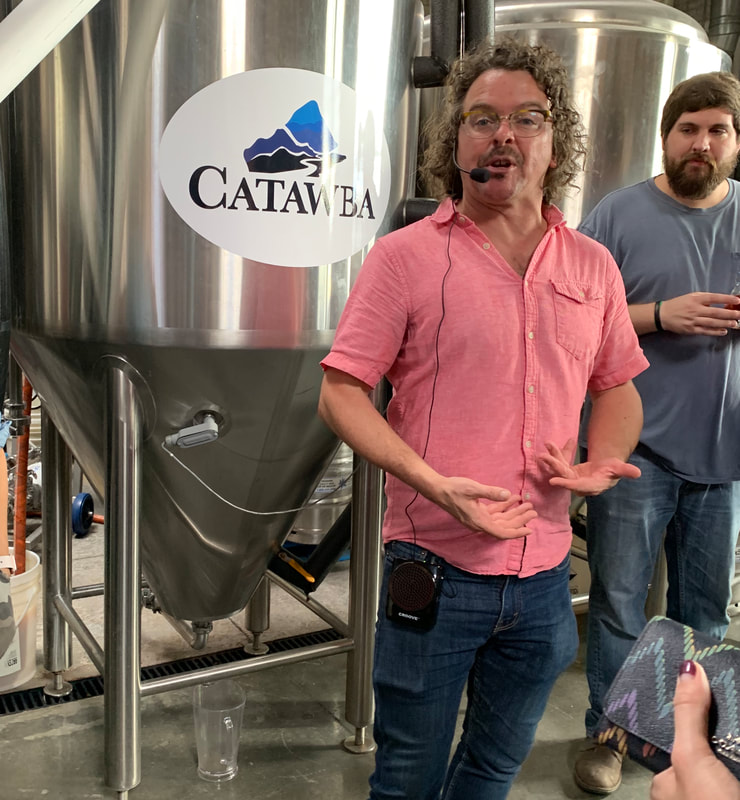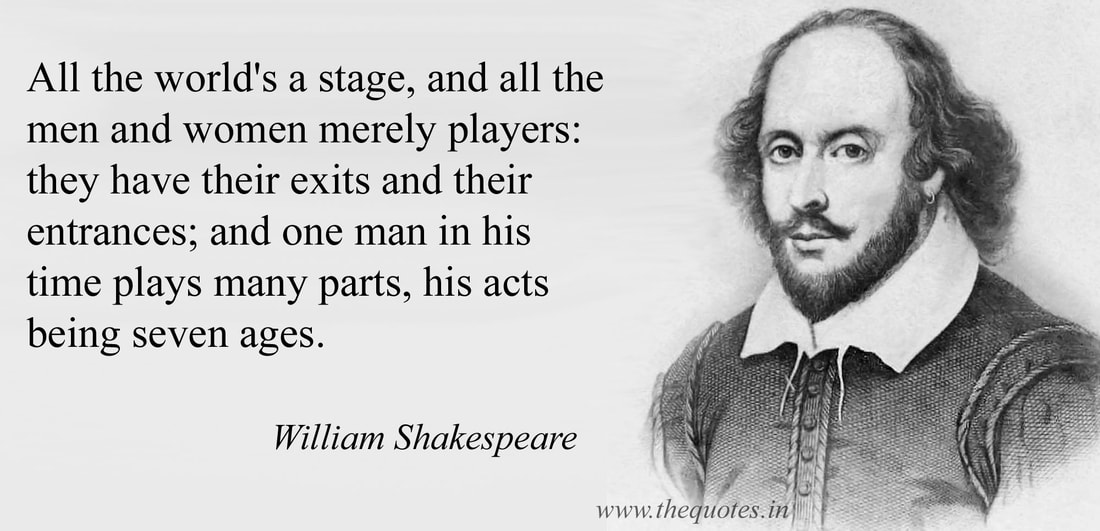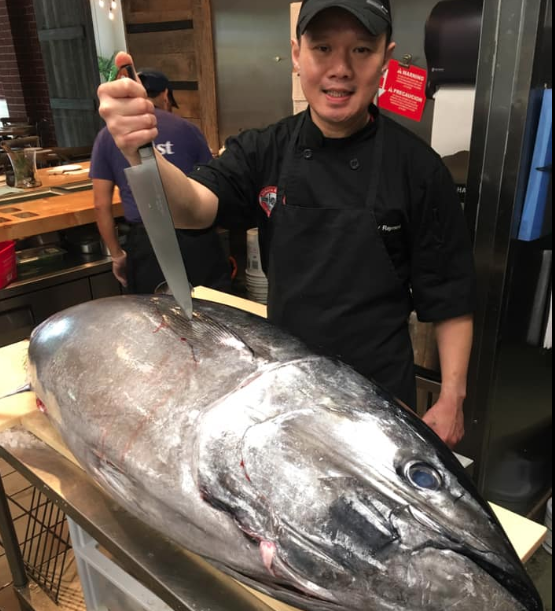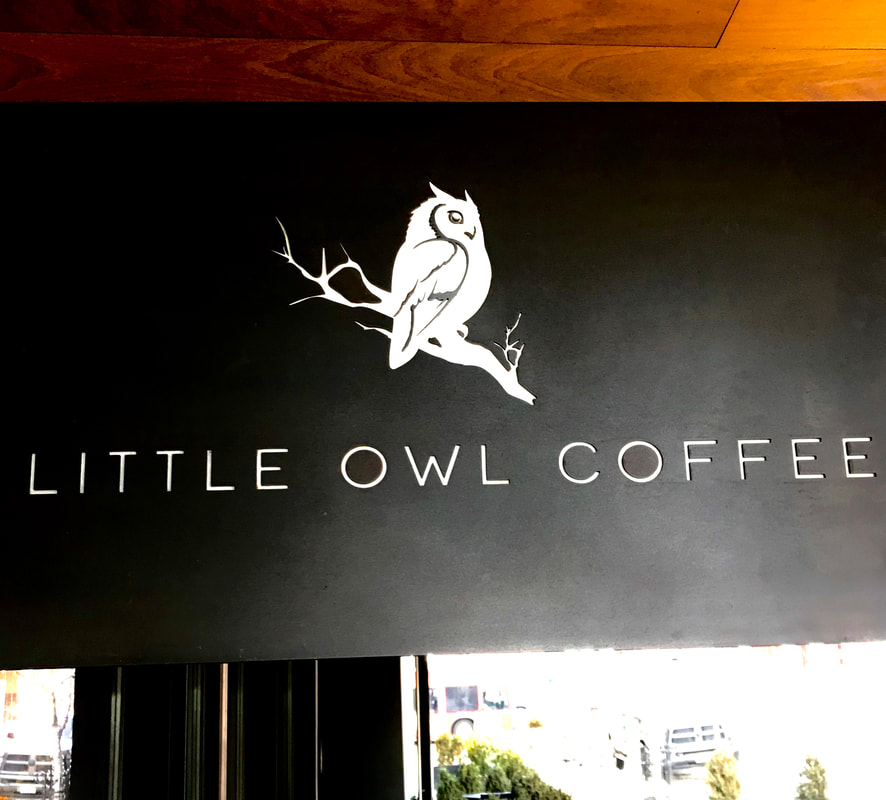|
10/21/2019 0 Comments PerspectiveNobody has ever seen the glorious sunset you just experienced. In fact, you yourself will never see that one again. But your perspective on it can be captured. And sharing that perspective has the power to change someone.
Last Friday everyone’s Instagram feed in Atlanta blew up with dozens of photos of neon pink and blue clouds just after sunset. We all wanted to share that story. And nobody saw it the same way, even though we were all looking at the same sky. You may have watched the sunset from your backyard while your kids played with the dog. Someone else may have watched while walking back from a romantic dinner. Or from the window of the hospital room where her father lay dying. Your perspective is important to the story you tell. Bring every bit of yourself to the story you are telling. The people you are trying to change deserve it. They will connect if your perspective is honest.
0 Comments
Cultivating your audience leads to awareness and, over time, trust. The kind of trust that creates engagement with your brand. And engagement gives you the opportunity to serve and profit.
Cliff knows about cultivation. And beer. His BREW-ed tours of Ashville breweries mix entertainment and education delivered to lager lovers as we quaff excellent local brews. Cultivating a plot of earth requires labor and care. Turning over soil so that it is ready to receive seeds. Digging in. Educating. Telling a story. If I understand you -- if I learn something about your offering, its history, how it works – then I am more inclined to engage. I’m more likely to buy. If you cultivate a plot of soil your seeds stand a better chance of yielding a profit. After I took the tour, I went back to one of the breweries and bought beer. Cheers. Now go cultivate. 10/15/2019 0 Comments SignalsStories are signals. A way to connect with people you believe might share your values. Those that possibly think the way that you do.
You can do this by sending up a flare. One that says “Here I am. Do I remind you of something?” It doesn’t have to resonate with the world at large. Just the people you want to connect with; the people with whom you want to collaborate. Which means it can be delivered in code. A semaphore flag. An inside joke. I snapped this photo at a Whole Foods check-out line. If my basket includes organic kale and probiotic kefir then this clever message, the language it uses, the topic it introduces, might appeal to my sensibility. Are you sending signals? Are they intentional? 10/9/2019 0 Comments All the World’s a StageThe audience is settling into the theater. The marketplace is full. There is a palpable desire. People are yearning to hear a story that will ease their discomfort. One that will give them a reason to hope for a better future. To be told they are part of something bigger.
You might be presenting a comedy. Or, perchance, a drama. Either way, they showed up because the marquee, the pose you struck, gave them an inkling of what to expect. You got their attention. Remember, you are not just the actor, you are also the playwright. Now be intentional with your story. “All the world’s a stage” Billy Shakes 10/8/2019 0 Comments A Short Fish StoryThe words in your story must be interpreted by your audience. Terms that listeners first translate in their minds to create an idea. They can be stumbling blocks. The fewer words you use, the better. Like the old saw about the fishmonger’s sign “Fresh Fish Sold Here.” Well, yeah, I don’t want old fish, I’d assumed they weren’t free and, of course, they are here under your sign.
So, “Fish.” Better yet, tell us a fish story. Chef Donny Raymond at Hopstix restaurant in Chamblee, GA celebrates the Bluefin tuna he has flown in from Japan for his weekly #TunaThursday special. Now you have my attention. What is your fish story? 10/3/2019 0 Comments ListenOn my morning jog today I left the headphones behind and focused on listening to ambient sounds encountered on my run.
I just listened. I didn’t plan out my day or think about yesterday’s failures. I heard the hum of cicadas everywhere. Birdsong – different melodies in each tree. Cars whooshing by. My own labored breathing up the hills. The footfall of my sneakers. The crunch of dry leaves underfoot from kids walking to the bus stop. A lawn mower rumbling across the golf course. If you listen with intention, you’ll hear a lot. Listen today. What do you hear when you are doing your best work? What does it sound like to be a customer of your business? What do they hear? Music? Your voice? Your answering message? What is your tone? When do they hear from you? What are you telling them? What are they telling you? What does your brand sound like? What emotions does it evoke? What mood does it set? Is the sound soothing? Whimsical? Energetic? Inspiring? What does your story sound like? 10/1/2019 0 Comments Your Premise Affects Your PromiseAs a teenager Nancy Regan implored us to “just say no” to drugs. That posture carried a heavy burden of shame and changed the storyline of what actions came next. How our culture addressed the issue of addiction.
I thought of this after seeing today’s Google doodle honoring Dr. Herbert Kelber, a psychiatrist who pioneered a compassionate way of looking at substance abuse. He understood it as a medical condition rather than a moral failure, an inability to just do the right thing. His research, following work at a prison hospital treating inmates with addiction, showed that therapy and medication prevented patient relapses. Deciding what story we believe changes outcomes. Your premise – the “theme” of your story – makes a huge difference in results. If you are intentional in the framework of that story, the results will be different. You will show up to the marketplace with a different promise for your clients. What premise is fueling the story you are telling your customers? What assertions are you making about the mindset of those people that you want to serve? What is the theme of your story? Premise leads to promise. Promise leads to action. Those actions will either build trust or disconnection. It all begins with story. If addiction is impacting your life, there are solutions: https://www.centeronaddiction.org 5/16/2019 2 Comments My “Get To” ListI’m a list maker. Lists of books I want to read, lists of restaurants I want to try, lists of places I want to visit. And yes, lists of shit that I need to get done. That is what all of the self-help gurus tell you “to do” (add THAT to your list). The idea is to write down every task and then methodically go through your list and make a plan. This lets you decide on priorities and what it will take to get to your goals in chunks. Right, we get it.
Most of us do this in one form or another. And one of the best parts of this task is crossing things off the list when they are done. “Crossing off” gives you a boost -- a little rush of dopamine when your pen marks through “make dentist appointment.” I’ll put stuff on the list that I know is small potatoes just for the rush of giving myself credit for having a victory. Nothing wrong with that, I think, as long as the scary stuff is on the list too. But here’s the thing. Maybe I’ve been looking at my list wrong. Why should it be that I see every day as a series of unpleasant tasks that have to be endured in order to get to a different state of mind? Some mythical future where I feel that I’m enough because I got a lot done. I rebalanced our retirement investments! My sock drawer is organized! I’m making a new to do list for tomorrow! I recently learned a new approach to list-making from a teacher. Now, as part of my morning routine, I still make a list of what I’d like to see accomplished. But it isn’t my “To Do” list. I now think about it as my “What I Get To Do” list. The idea that I’m lucky enough to have the opportunity to do these things today. That I get to use my unique strengths to accomplish things that contribute to the growth of something bigger than myself. This morning I get to call a small business to arrange the painting of an apartment that I lease out. By putting that on my list of things that I’m fortunate enough to “get to” do, the task looks different to me. If it was on a “to do” list I might start thinking about how it’s expensive and a bit of a hassle to arrange and now I have to pick paint colors and should it be semi-gloss or flat and meet the crew and what did I get myself into by investing in this property in the first place? But my “get to” list puts that in a new light. I am, in my own small way, contributing to the revitalization of the city where I live. The building will be a better place because I’ve maintained one piece of it. Someone will “get to” move into the apartment and might enjoy the good feeling and positivity of living in a space with a fresh paint job. Maybe they’ll feel so good the first day they wake up there they’ll reach into their pocket for a dollar to give the homeless guy on the corner. What do you get to do today? 3/15/2019 1 Comment Beware the Ides of MarchI was fortunate to have Ann Cook Calhoun as my professor of Shakespeare at Vanderbilt University. She brought The Bard to life as no one ever had in my life, or has ever since. I was enamored with her passion for the playwright and she instilled in me a great love for iambic pentameter. She would host a wonderful party for her students at the end of the semester at her home in Belle Meade, down the street from Al Gore’s. We all drank wine and as the evening progressed conducted table readings, well couch readings really, of sections of different plays. We took great liberties in the form such as applying thick backwoods Tennessee accents to roles like Rosencrantz and Guildenstern.
One of the class requirements was to memorize a soliloquy and recite it in her office. I chose the passage from Julius Caesar where Cassius tries to convince Brutus to undertake sacrilege and murder. “The fault, dear Brutus, is not in our stars, but in ourselves, that we are underlings.” So I was familiar with the story of Julius Caesar when I read C.P. Cavafy’s poem “The Ides of March.” Everyone of course remembers the line spoken in warning to Caesar to “Beware the Ides of March.” But less remembered is the letter that Artemidoros implores him to read just before the conspirators stab Caesar to death. The letter that he never read contained a warning about the plot to kill him. Alas, he did not take the time to listen to the message. You can read Cavafy’s short poem “The Ides of March” here. A note on the title. The Romans referred to the middle of each month as the “Ides” – and in the case of March that falls on the 15th of the month – the day that Julius Caesar was assassinated in 44 B.C. The term comes from the Greek idio, meaning equal. So the Ides are the middle of the month when there are an equal number of days before and after. The Ides can be seen as a point of no return: that moment where a plane crossing the ocean must commit to the full journey, because if the pilot goes any further he will not have enough fuel to return to his origin. Or an inflection point of midlife. I read this poem as a warning against the tendency we have to disregard the signals that life sets before us. I had been reading several other modern writers while working my way through the full canon of Cavafy’s work last summer. And so, with the voices of Brene Brown, Ekhardt Tolle and Richard Rohr kicking around in my mind, I plumbed a new understanding of this poem. Rather than walk you through my thinking I’ve composed my own interpretation. This is not an “original” work or a translation. Rather it is an entirely unnecessary selection of words, given that Cavafy conveys the same sentiment in concise and beautiful language. Nonetheless, it helped me understand his message in a new way. I hope it does for you as well. The Warning in the Middle Beware, do not identify with the ego, my spirit Build, as you must, your life structures Those illusory figments that make you think you are the role you play, or important But create them lightly For the more you gain in the world of form, the more careful you must be And when you reach a fullness of material satisfaction When you’ve created an identity for yourself that you want others to admire You’ll have to stay mindful in the arena of this world As you go about with the clever crowd that you’ve cultivated The Universe may try to send you an urgent message Imploring you it is about love and death Stop then Delay your next acquisition Skip the party You’ll see them next time Ignore those pressing distractions Even the job can wait Heed the message -- now Written in response to “The Ides of March” by C.P. Cavafy and influenced by the writings of Eckhart Tolle, Brene Brown and Richard Rohr. 2/25/2019 0 Comments Little OwlI woke up on the corner of 9th and Monroe streets in Congress Park today. Not on the actual street corner, of course, but in the guest bedroom of a classic 1920s Denver bungalow of an old friend. A bluebird sky welcomed my first morning today in the city that Helen and I called home at the beginning of our married life some twenty plus years ago.
Sipping coffee at the jewel-box space of Little Owl Coffee downtown I’m surrounded by sights that are uncommon for a resident of the South: low banks of snow pushed up on curbs, a range of dove-white mountain caps in the western distance and people bustling past the café window bundled in knit hats and fuzzy scarves exhaling plumes of mini clouds. And yet the scene is also as familiar as a deep breath. I’m here to connect with old friends and new as I explore novel pathways for the future. A giddy feeling of adventure bubbles up in me in response to the vibrant city full of promise and energy. Nameless faces and uncharted spaces surround me. But behind the delight there comes the shadow of uncertainty bearing a twinge of fear. How often does a positive feeling elicit its shadow twin? In moments of pleasure our chattering mind thinks “This can’t last. Something will unravel.” I think this is the work of our lizard brain trying to protect us. The ancient caveman wandering alone in an unfamiliar part of the forest was likely dazzled by a fresh water spring and at the next moment frozen at the sound of a twig snapping behind him. Is the den of the saber-toothed tiger close by? Do I dare stay? But the feeling is only an ingrained thought pattern from a time before. Listen to its message and recognize the validity of its roots. Breathe deeply. The crisp winter air will open a new understanding the emotions the fear elicits. Then turn then to the wisdom of the little owl. Or the bluebird sky. Or the Rockies. They have a truer tale to tell about the new horizons that await. |
Petro KacurI have a variety of interests and enjoy sharing my reflections on them here. Archives
March 2021
Categories |










 RSS Feed
RSS Feed